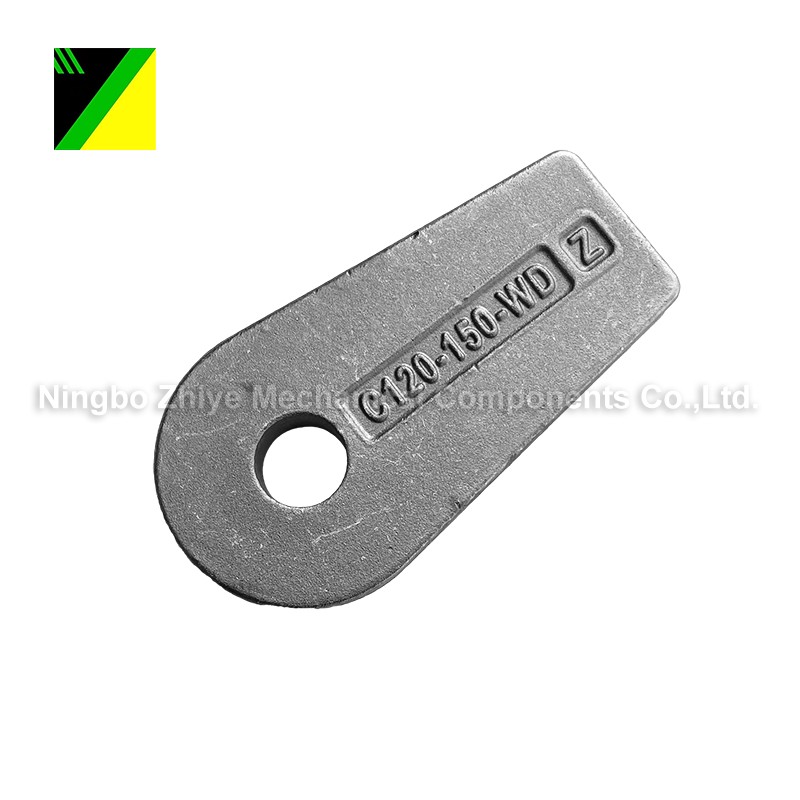Understanding Carbon Steel Casting: A Vital Process in Modern Manufacturing
2025-06-19
In the world of manufacturing and heavy industry, carbon steel casting plays a crucial role in producing strong, durable, and versatile components. From automotive parts to machinery, carbon steel castings are valued for their excellent mechanical properties and cost-effectiveness. In this blog, we will explore what carbon steel casting is, its benefits, applications, and why it remains a popular choice in metalworking industries.

What Is Carbon Steel Casting?
Carbon steel casting is a metal casting process where molten carbon steel is poured into molds to form specific shapes and parts. Carbon steel is an alloy primarily composed of iron and carbon, with carbon content typically ranging from 0.05% to 2.0%. The casting process enables the creation of complex geometries that would be difficult or costly to achieve through machining or forging.
Key Characteristics of Carbon Steel Castings
Strength and Toughness
Carbon steel castings offer a good balance of strength and ductility, making them suitable for parts that must endure mechanical stress.
Wear Resistance
The carbon content enhances hardness and wear resistance, beneficial for components exposed to friction.
Cost-Effective
Carbon steel is generally less expensive than alloy steels, providing a budget-friendly option without sacrificing essential mechanical properties.
Versatility
The casting process allows for customized shapes and sizes, accommodating a wide range of industrial needs.
Common Applications of Carbon Steel Casting
Automotive Industry
Parts like gears, crankshafts, and housings are often produced by carbon steel casting for durability and precision.
Construction Machinery
Components such as excavator parts, bulldozer frames, and other heavy machinery parts benefit from carbon steel’s strength.
Oil and Gas Industry
Flanges, valves, and pumps often use carbon steel castings due to their toughness and resistance to harsh environments.
Agricultural Equipment
Durable parts like plowshares and tractor components are frequently cast from carbon steel.
Advantages of Carbon Steel Casting
Complex Shapes with High Precision
Casting enables the manufacture of intricate parts that would be difficult to machine.
Good Mechanical Properties
Provides a combination of strength, toughness, and wear resistance.
Customizable Properties
Heat treatment can be applied post-casting to adjust hardness and strength to specific needs.
Economical for Large-Scale Production
Once molds are made, casting is efficient for producing many identical parts.
Challenges and Considerations
Porosity and Defects
Careful control of casting parameters is necessary to minimize defects like porosity or inclusions.
Machining Needs
Some cast parts require secondary machining to achieve tight tolerances or smooth surfaces.
Corrosion Resistance
Carbon steel is prone to rust if not properly coated or treated, so surface protection is often necessary.
Final Thoughts
Carbon steel casting remains a cornerstone of manufacturing due to its balance of performance, cost, and versatility. Whether you’re in automotive, construction, or heavy machinery sectors, understanding the benefits and limitations of carbon steel castings can help you choose the right materials and processes for your projects.


